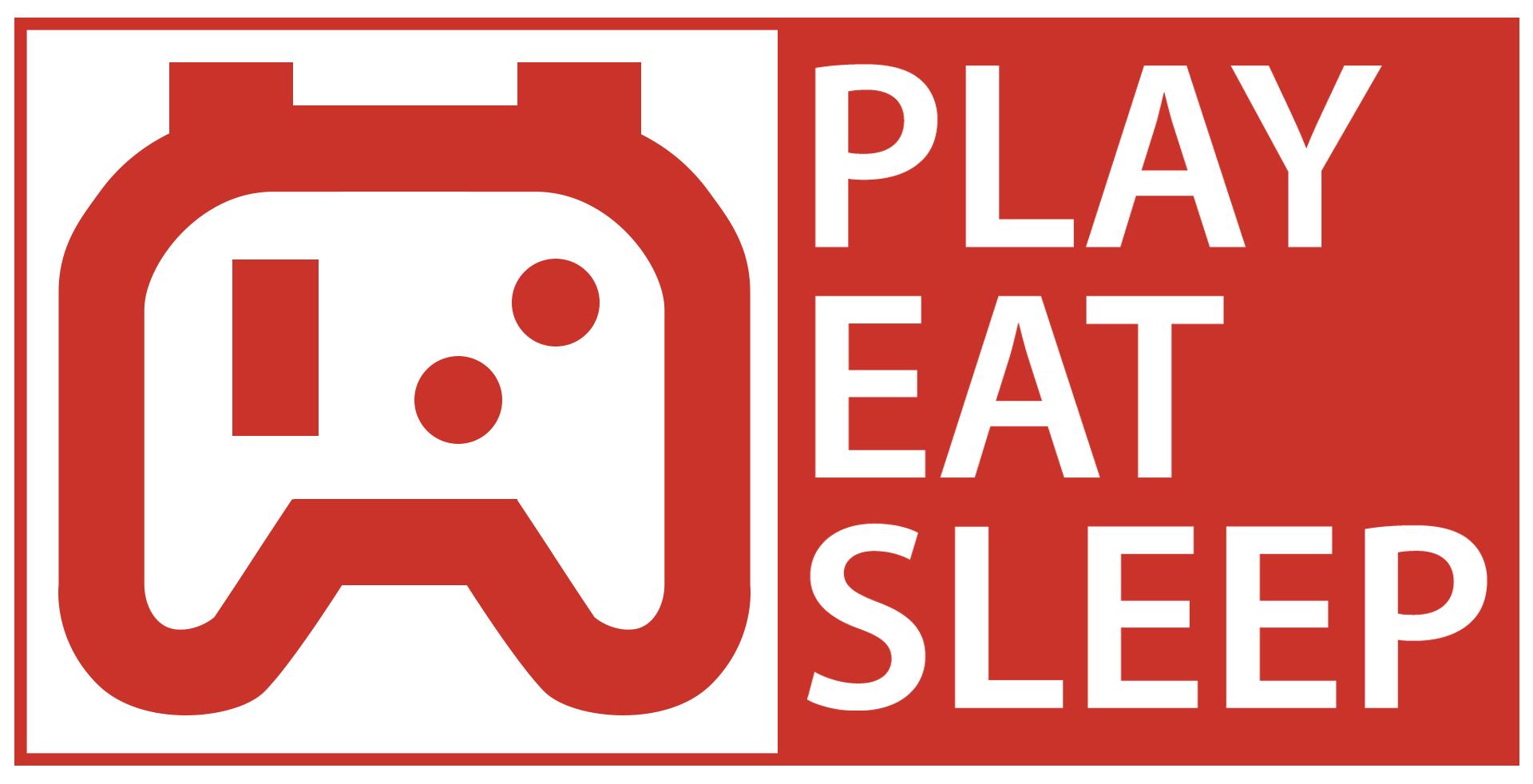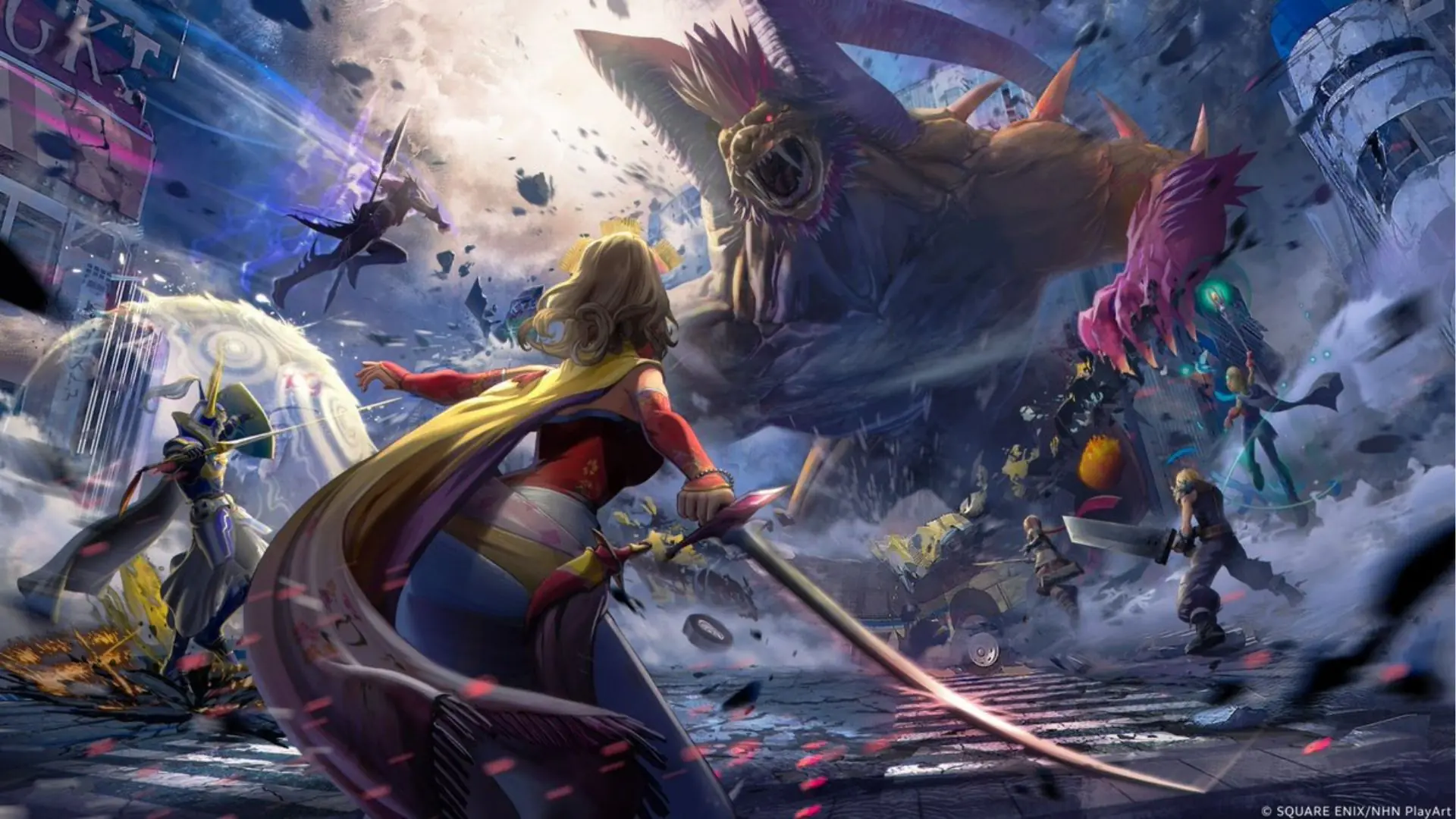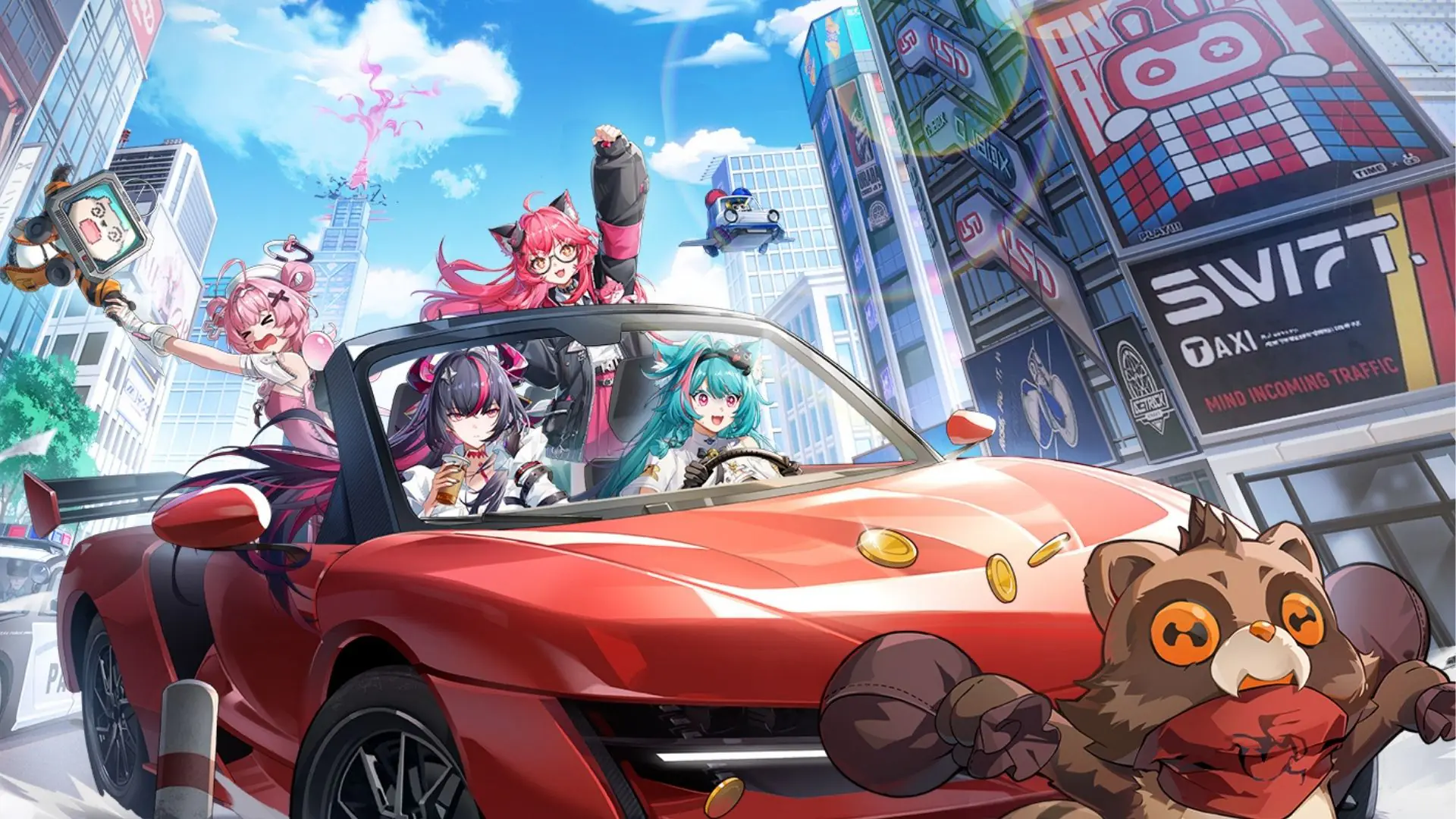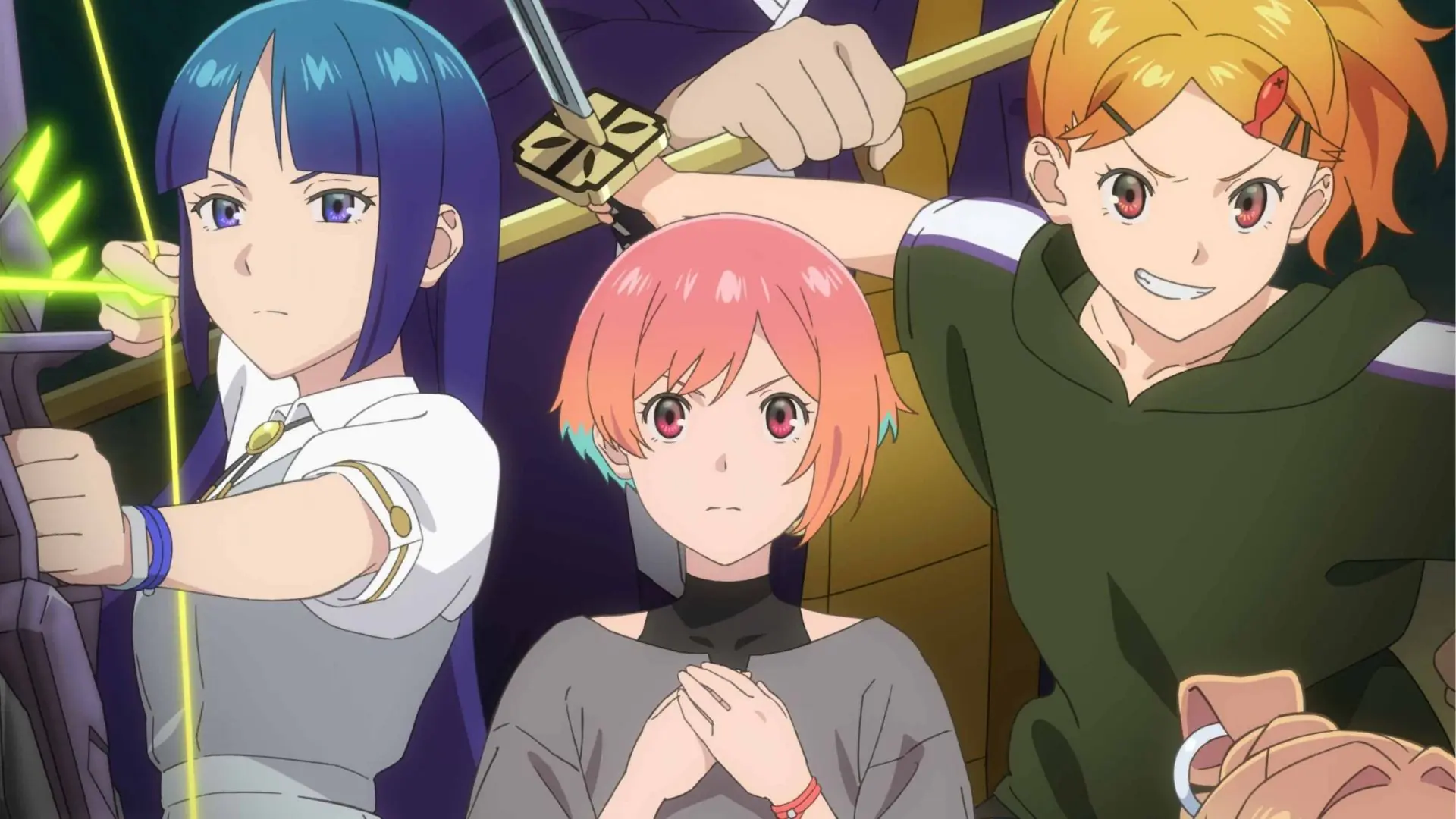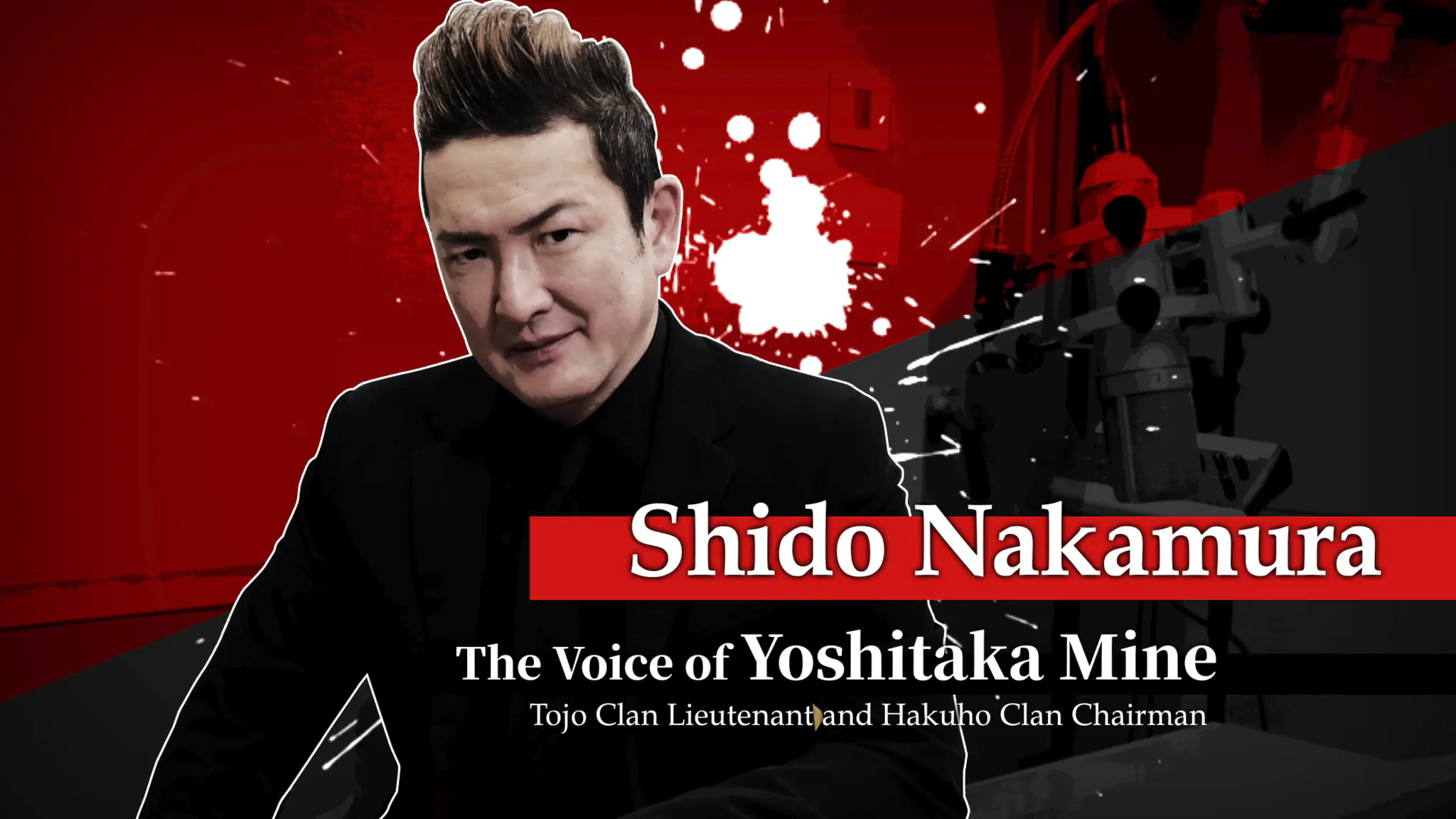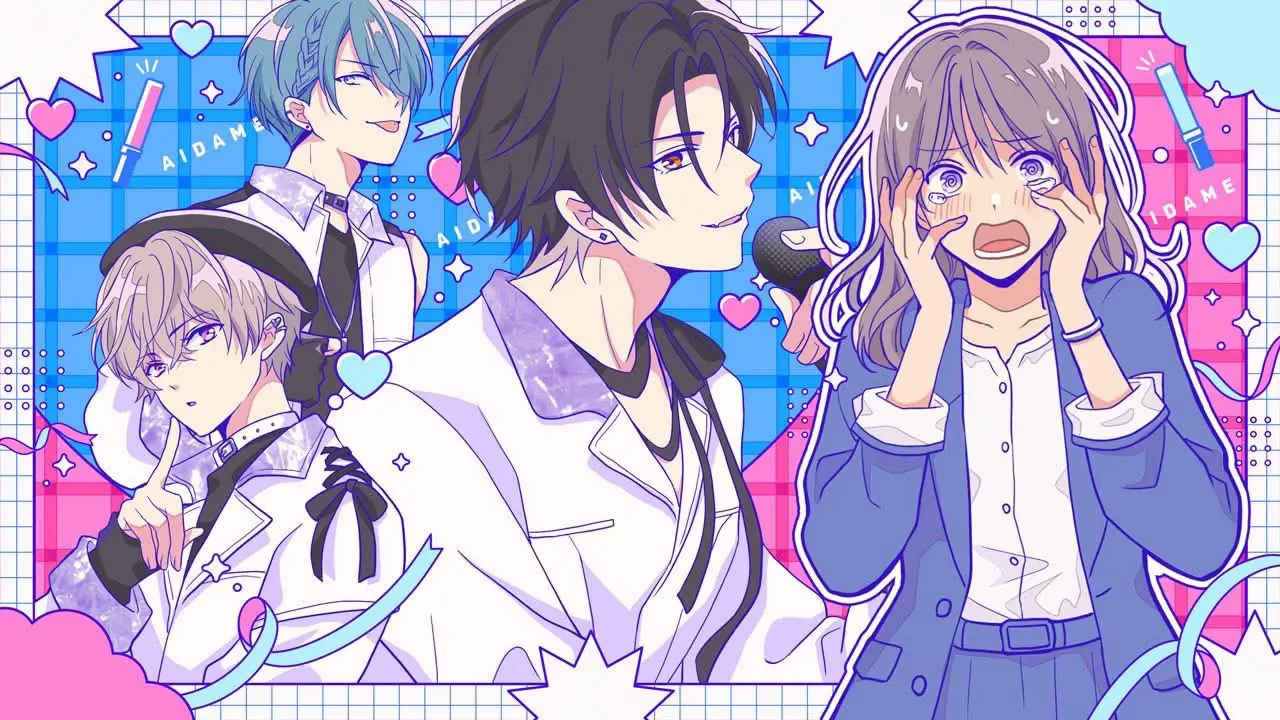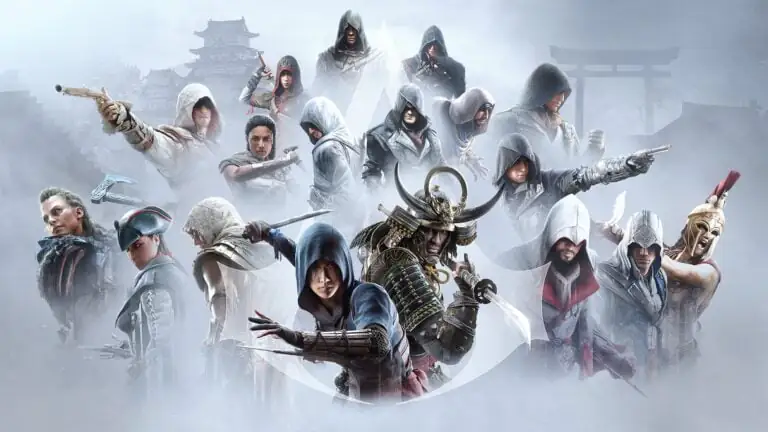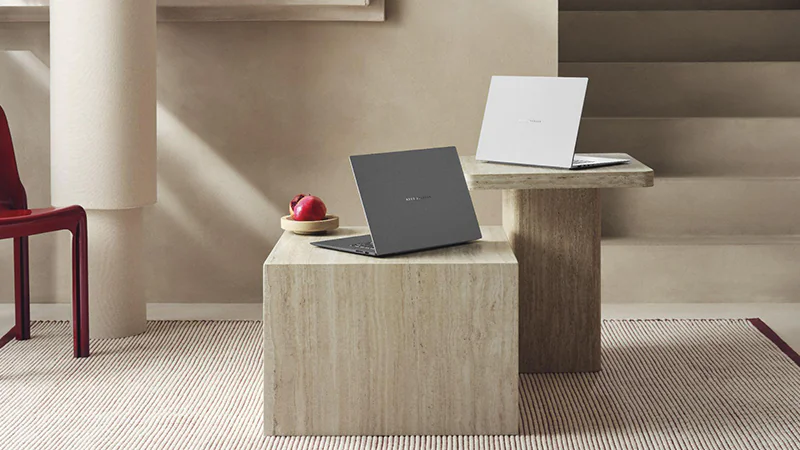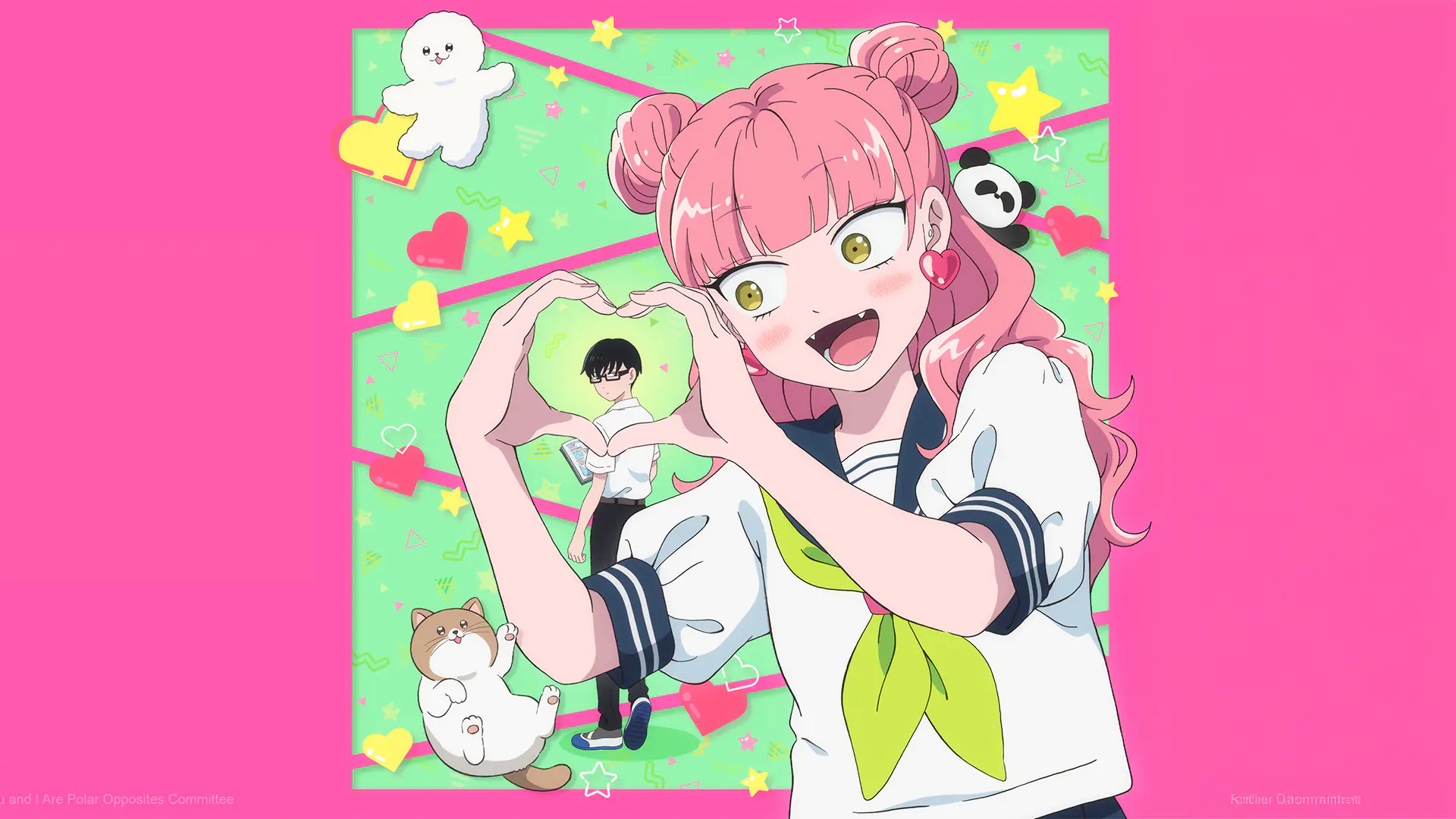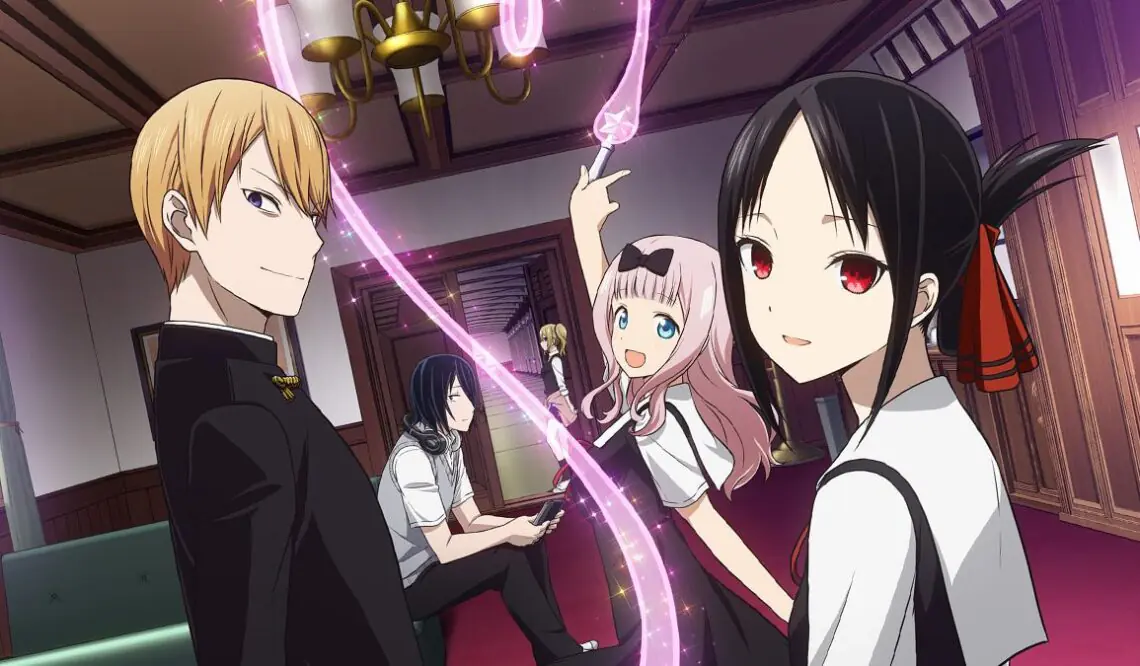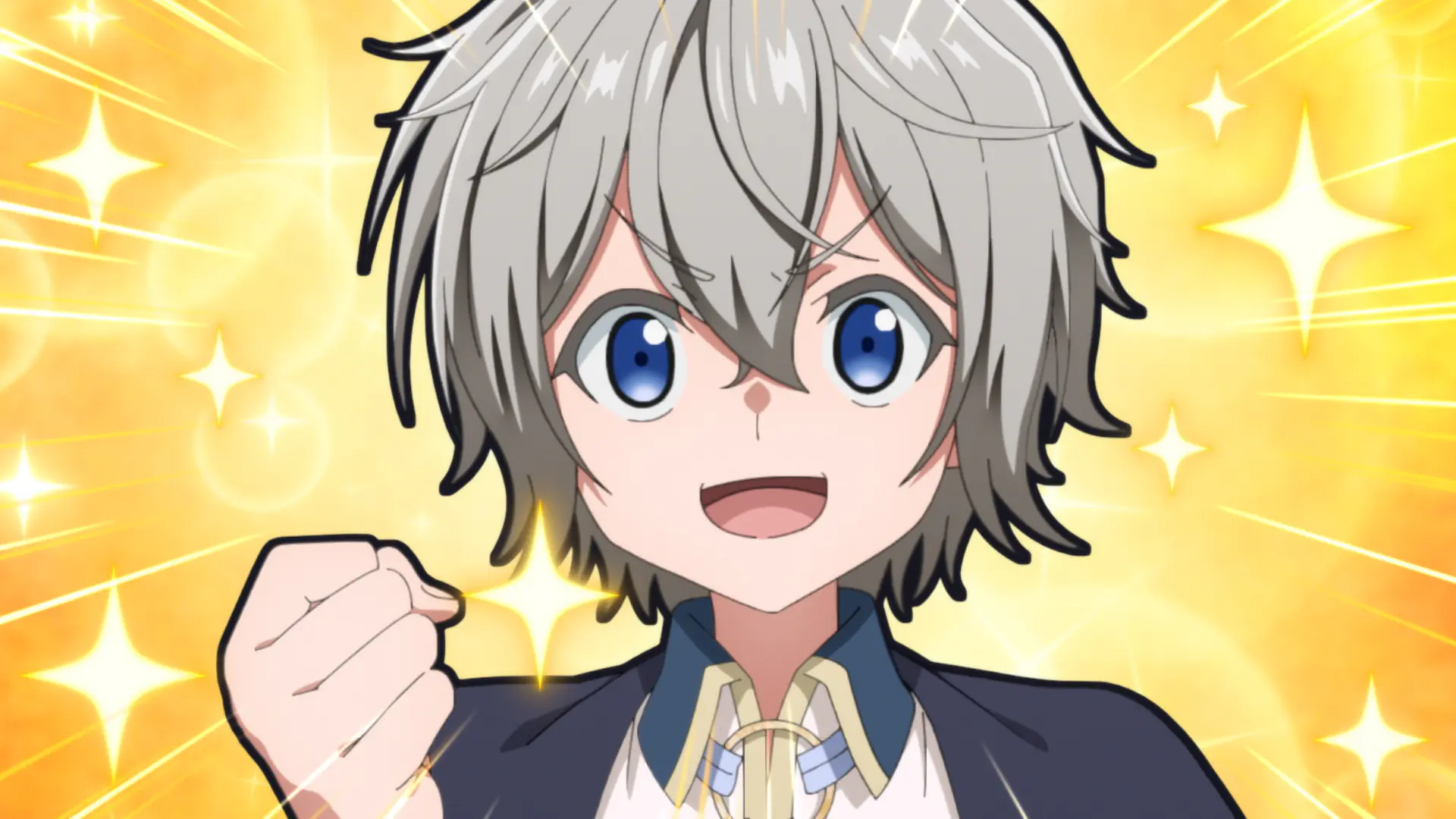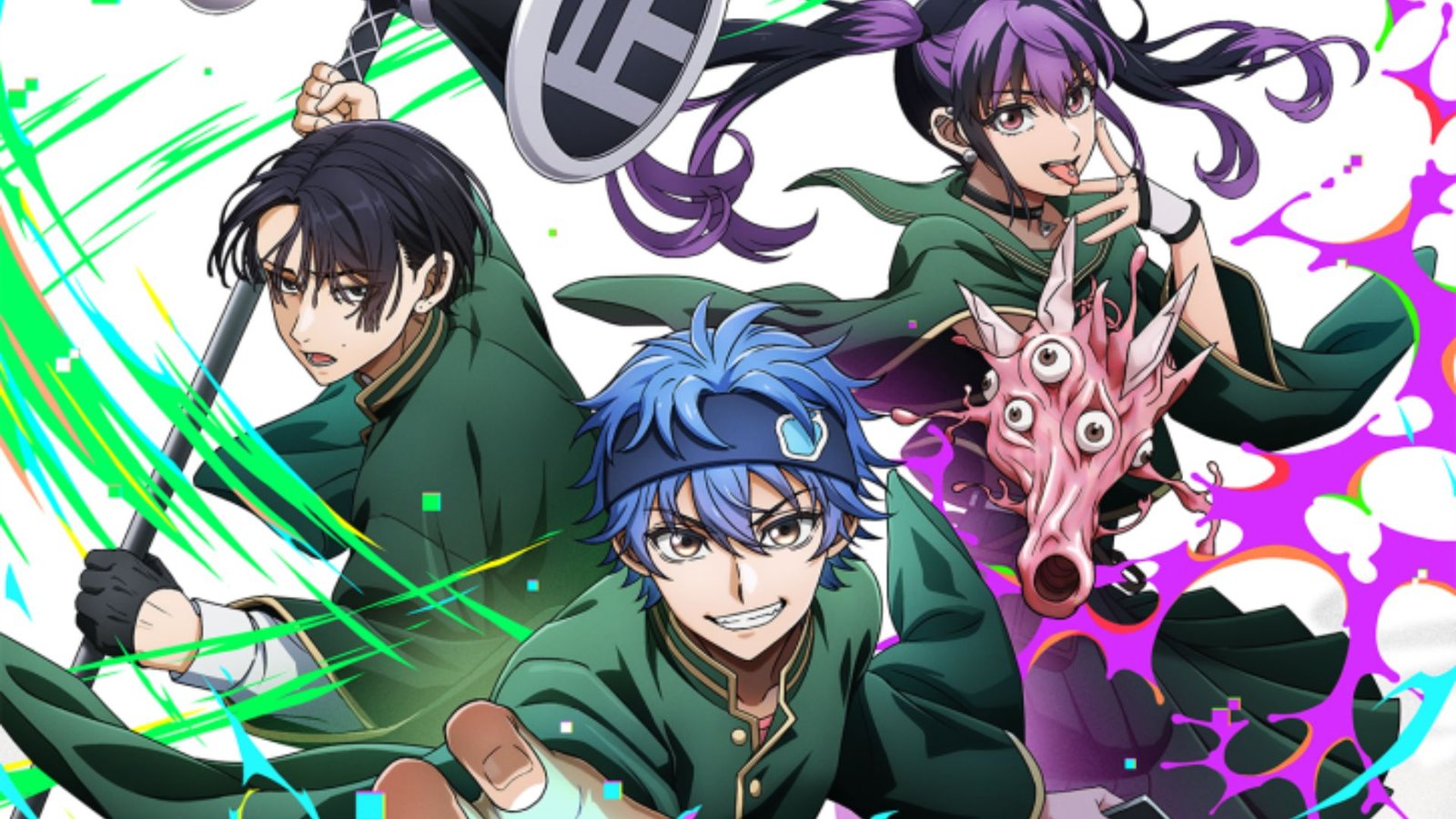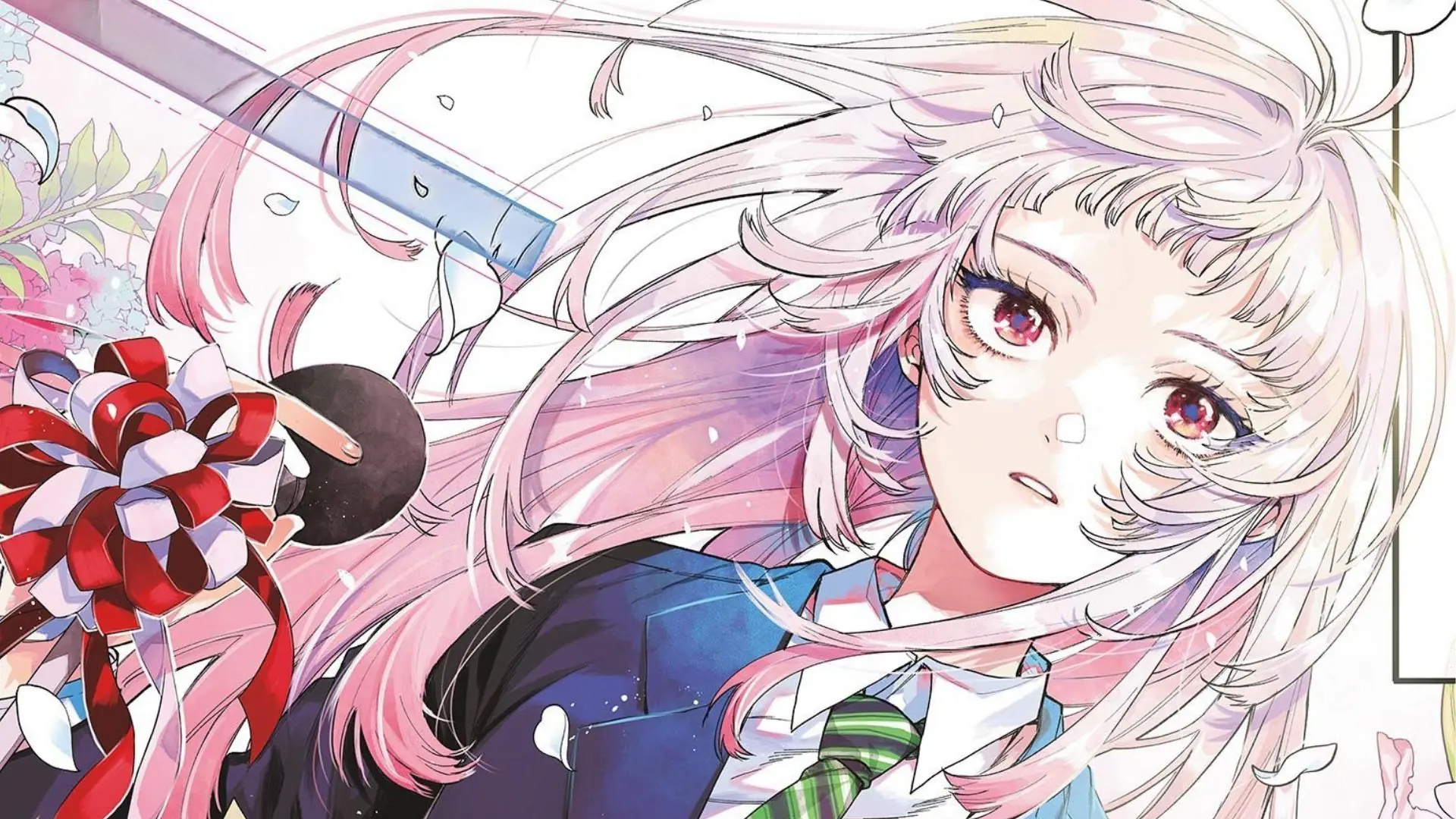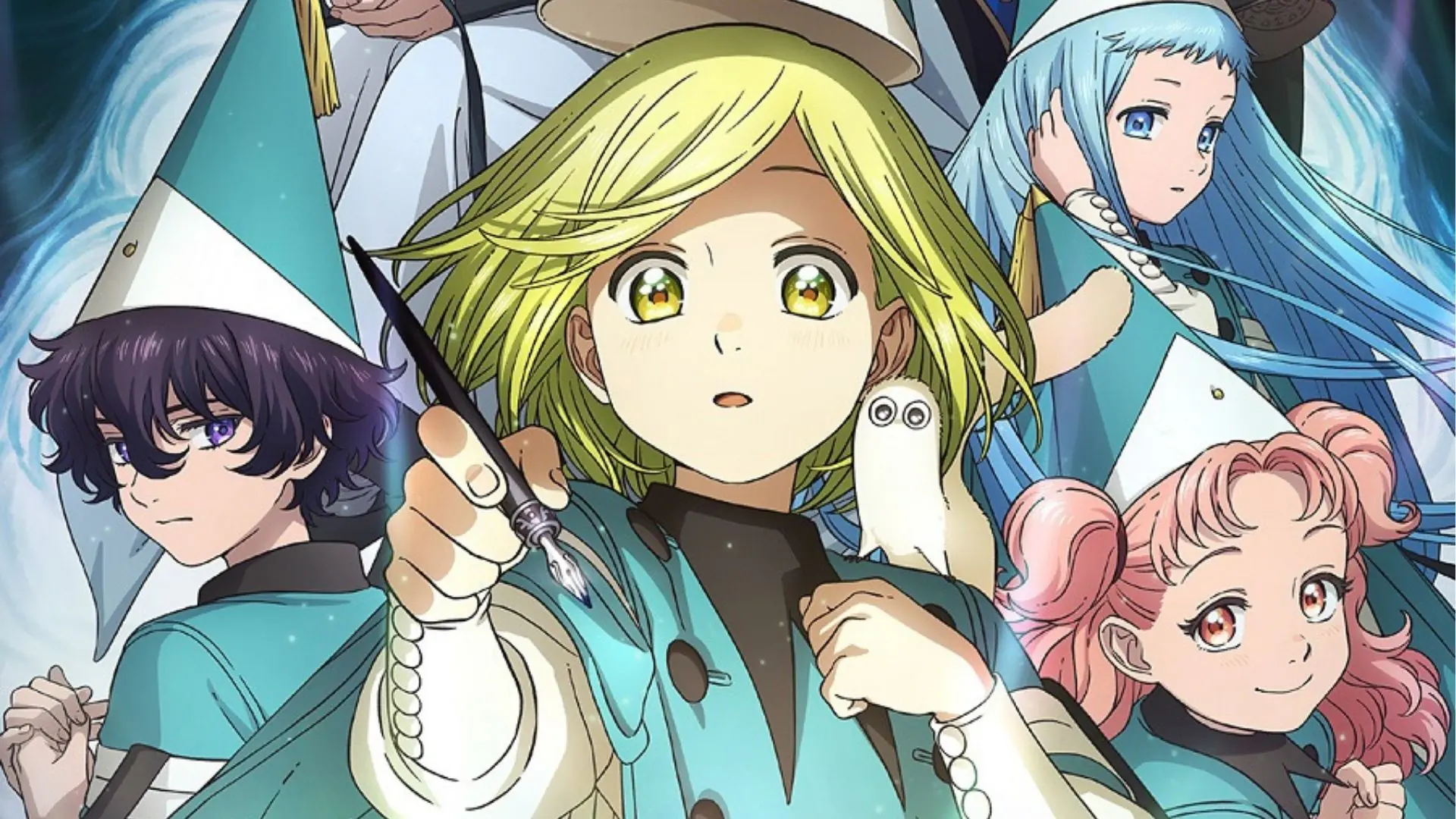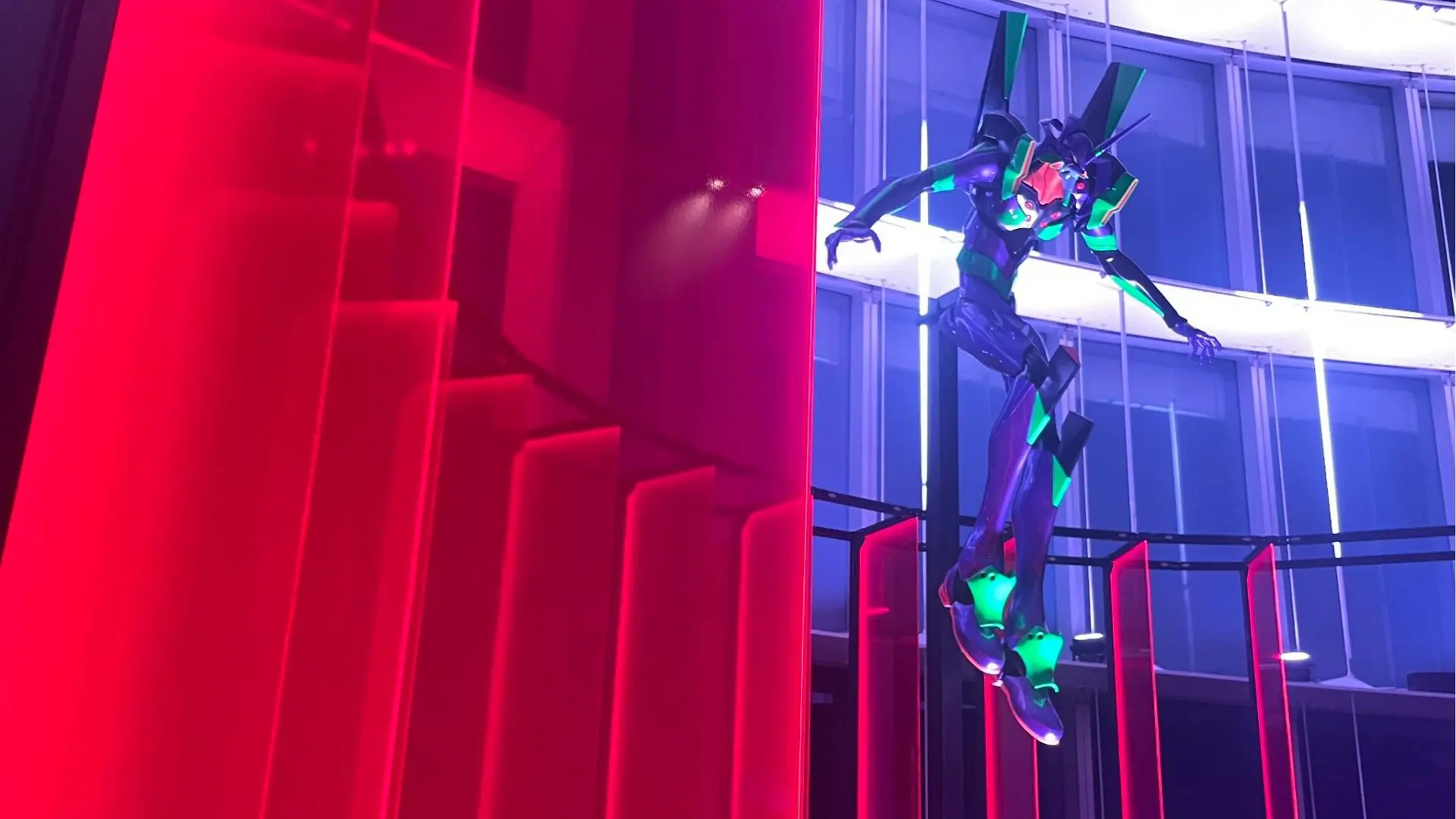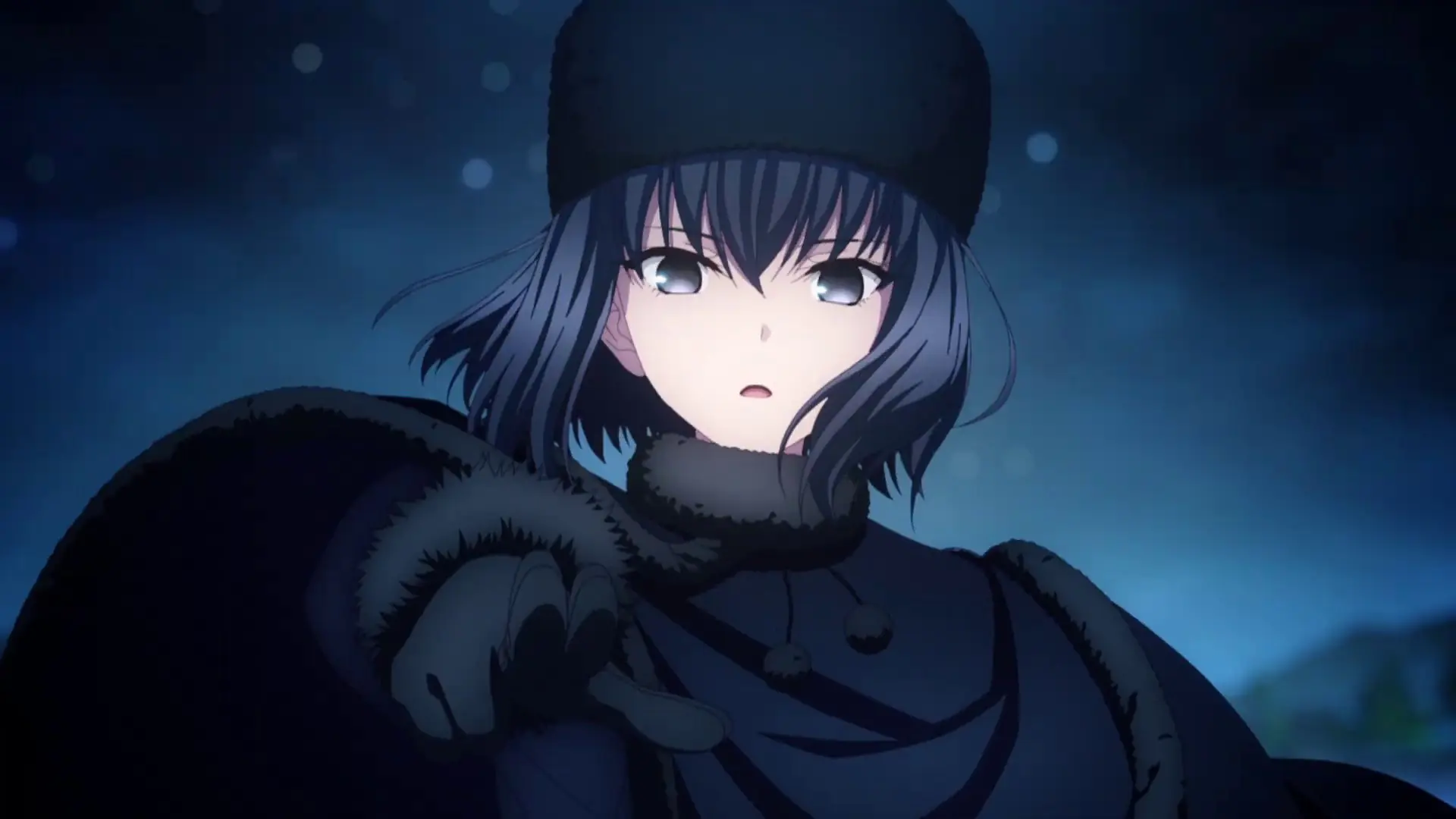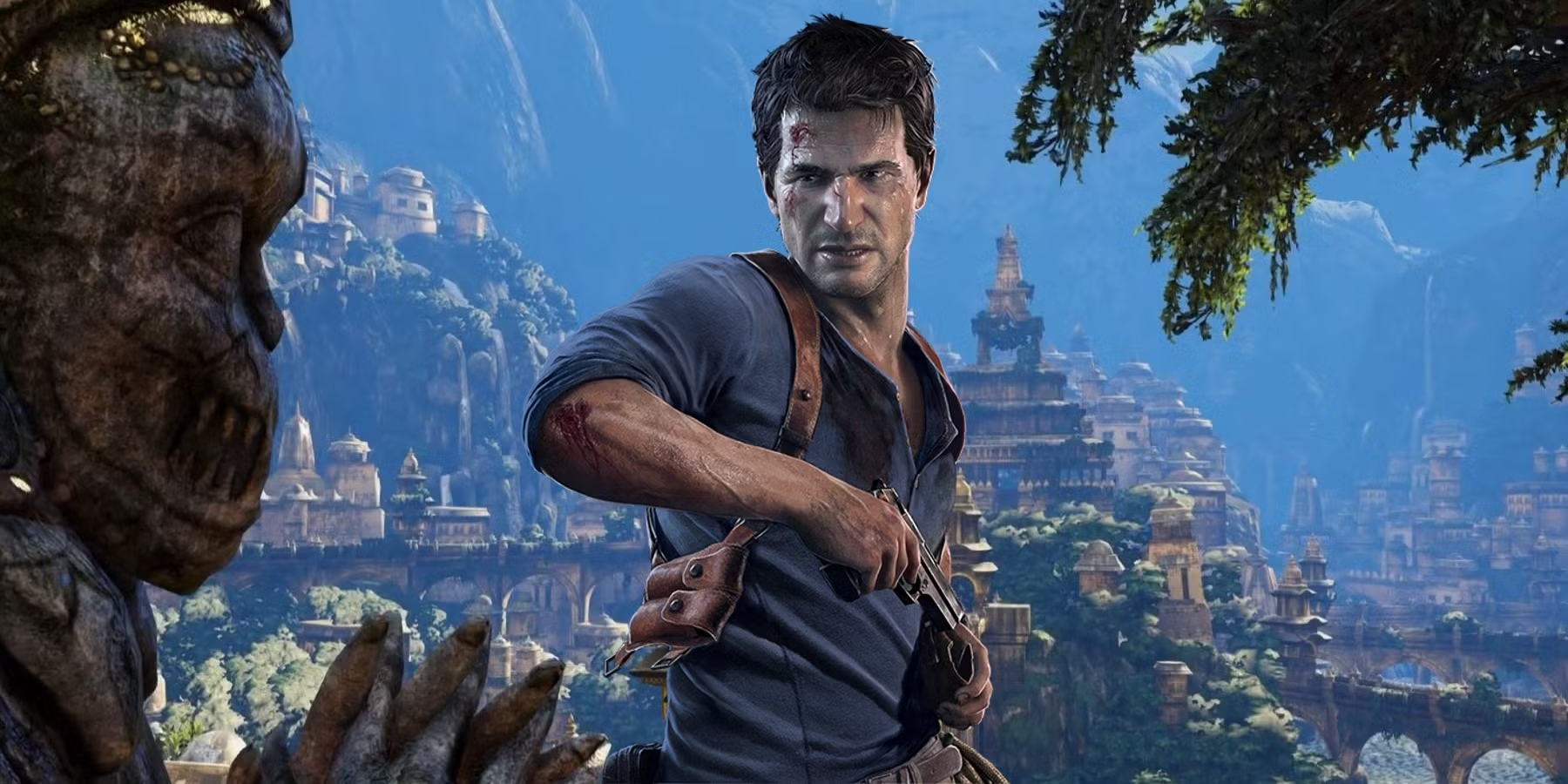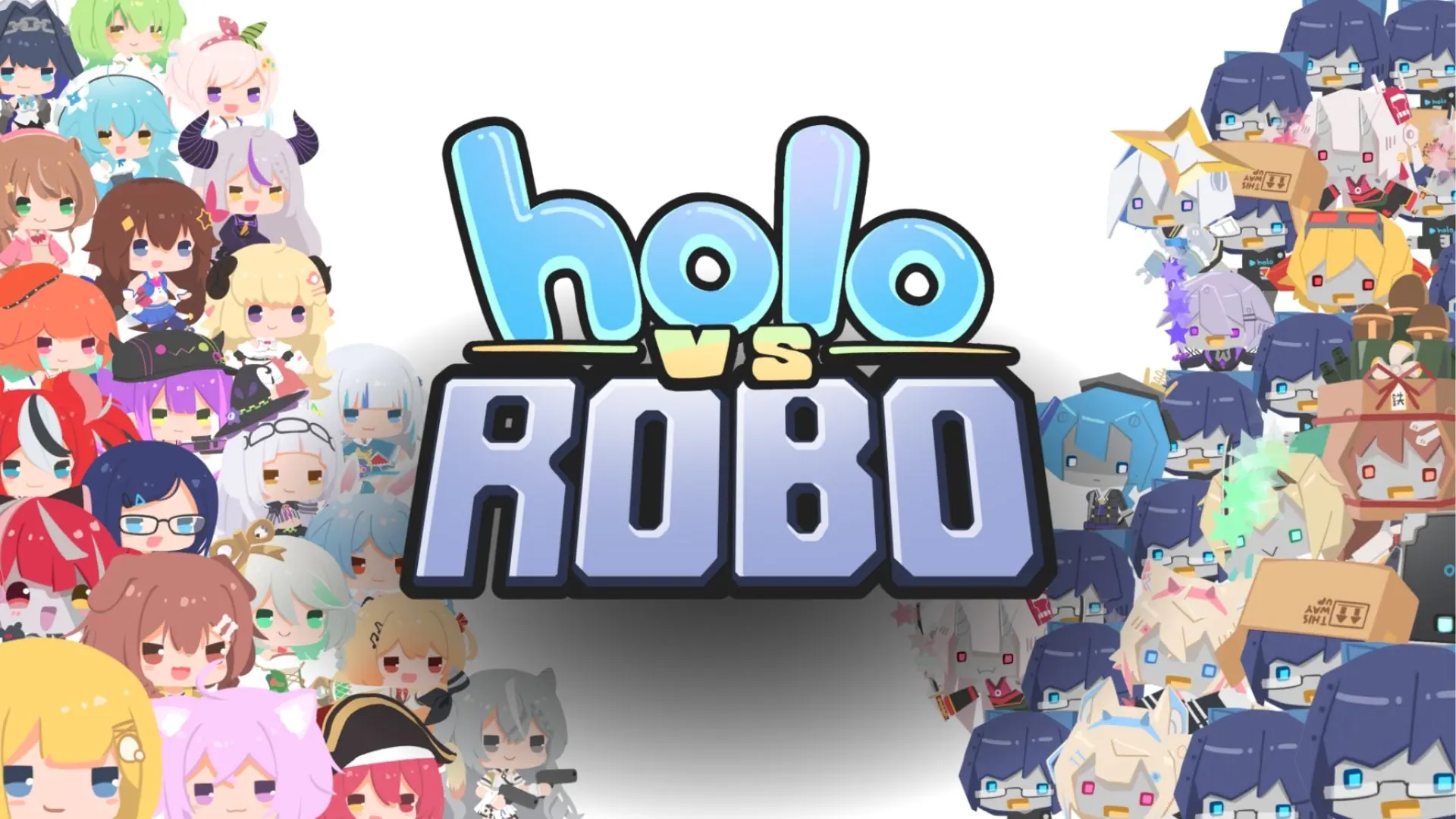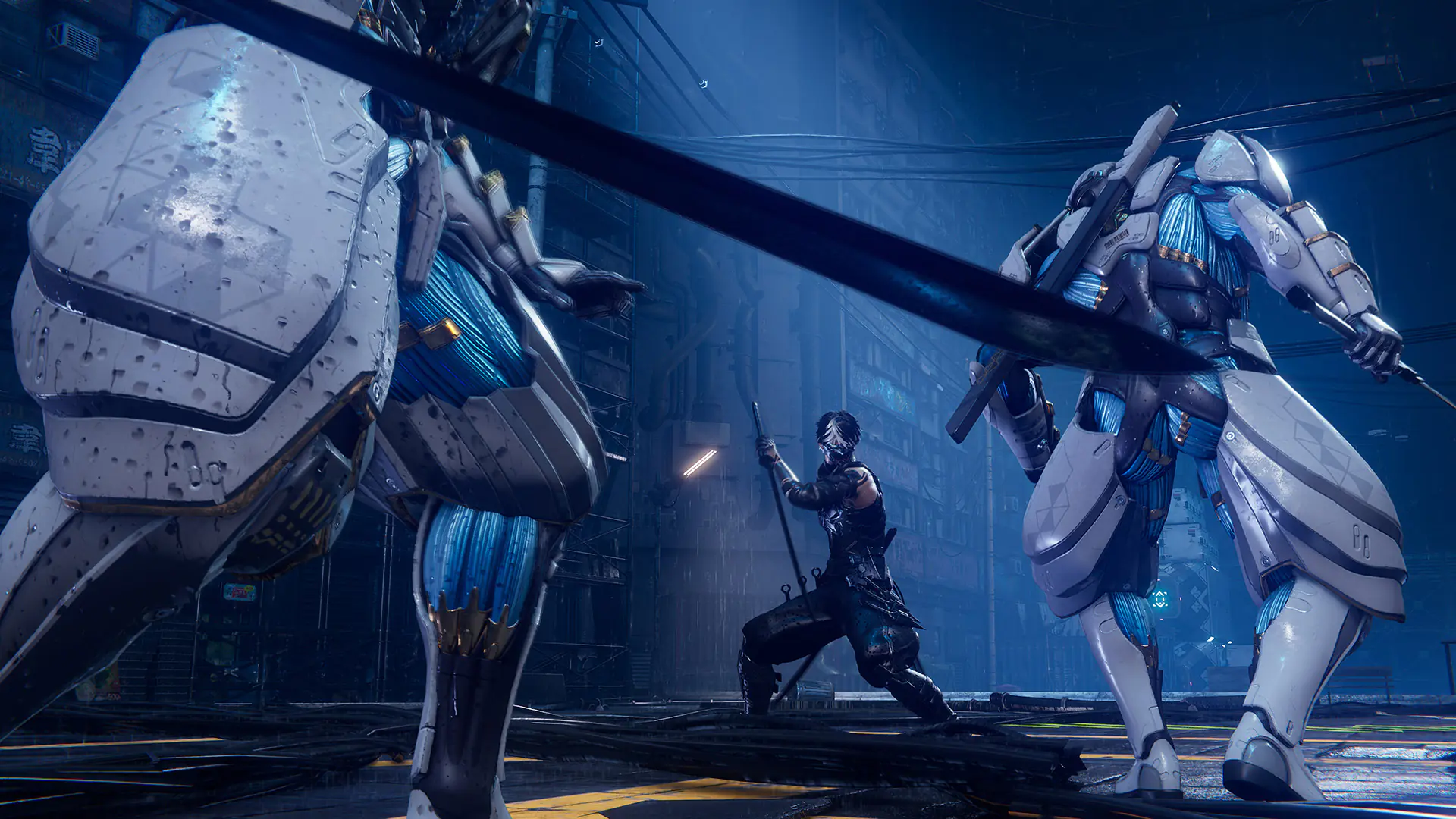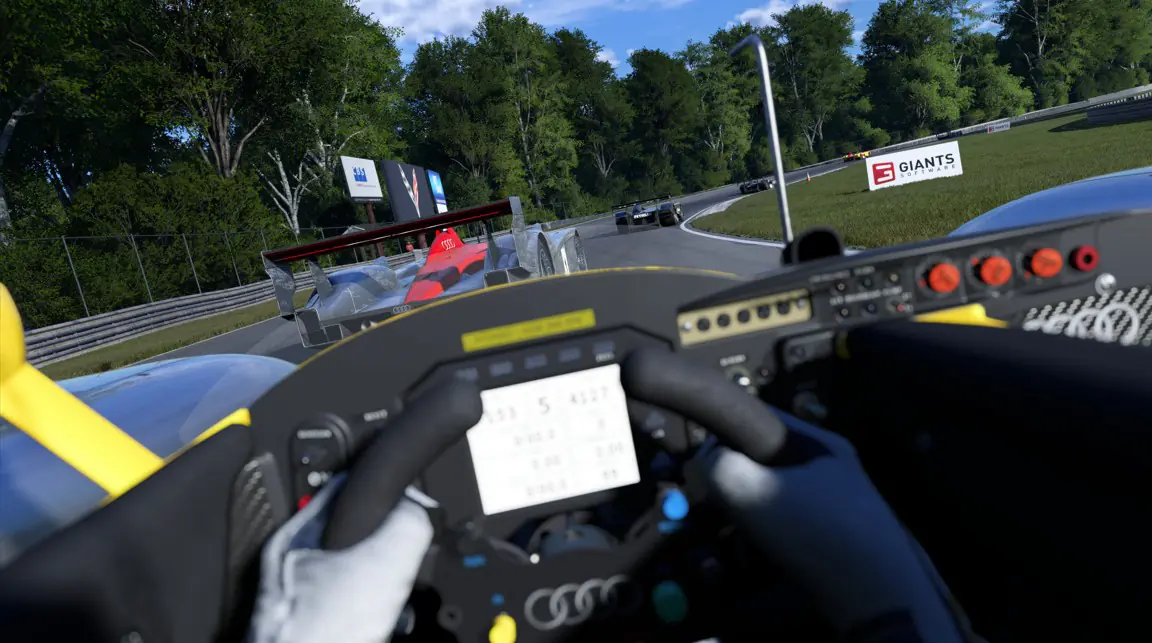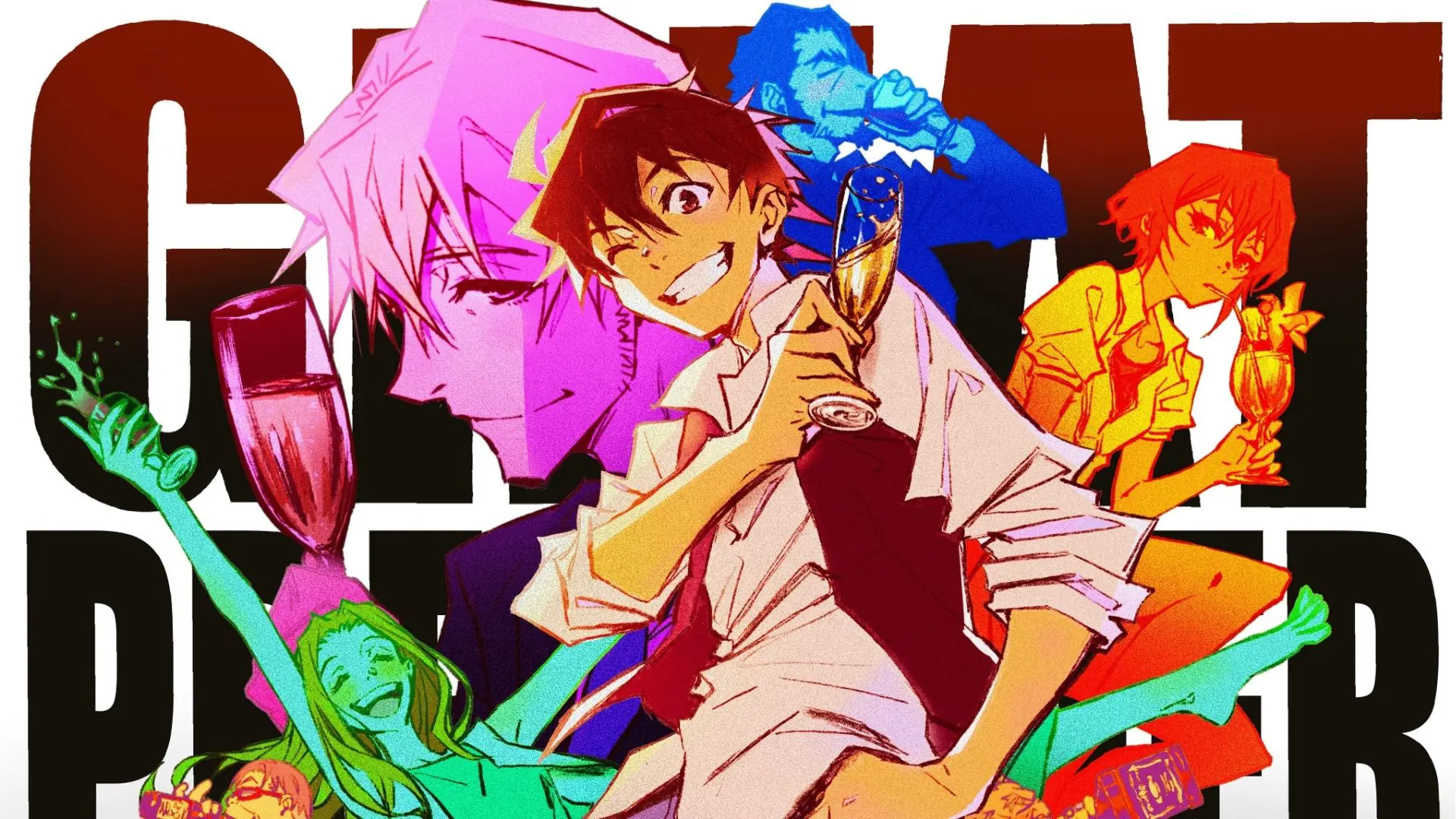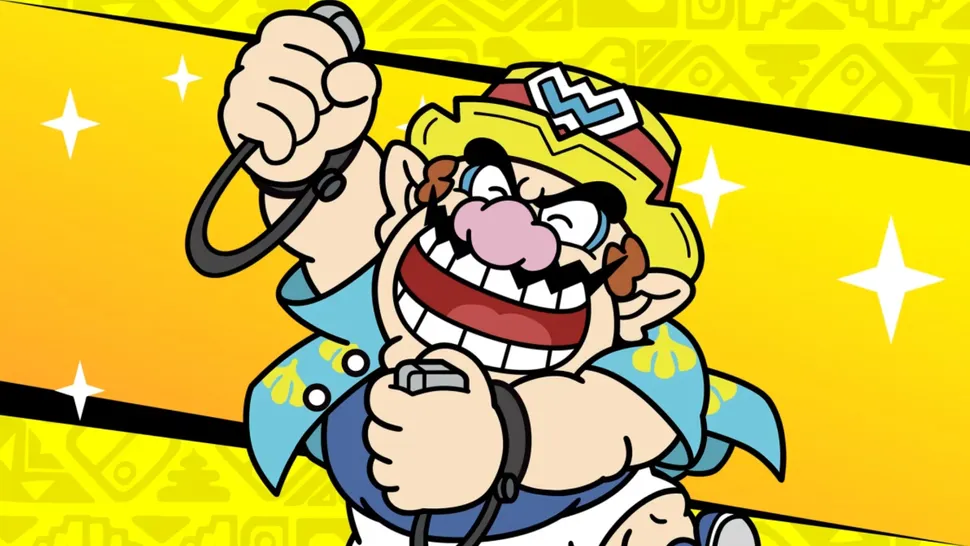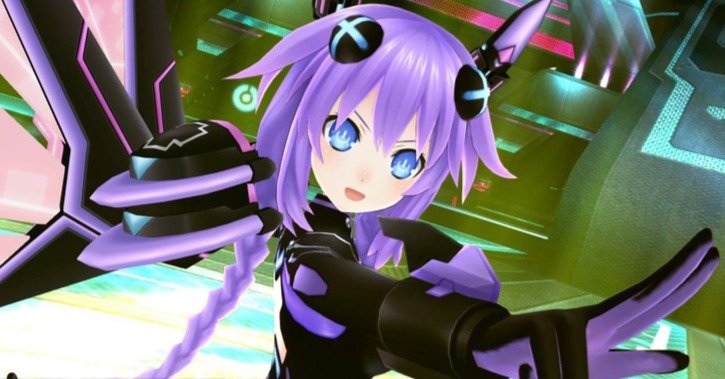The legal battle between Nintendo and Pocketpair, the developer behind the game Palworld, entered a new and surprising chapter. This time, the debate is no longer just about character design, but goes into a more fundamental realm: can a game modification or 'mod' be considered a work? This latest development could have a huge impact on the gaming industry as a whole.
Pocketpair's strategy with 'Prior Art'
Pocketpair's legal team has a smart strategy to fight Nintendo's patent lawsuit. They used a legal concept called 'prior art'.
Specifically, Pocketpair pointed out a mod for the game Dark Souls 3 called 'Pocket Souls'. This mod, which has been around long before Palworld, apparently has gameplay captures enemies similar to Nintendo's patented mechanics.
The logic is quite simple: if an idea or mechanism already exists and is accessible to the public, then patents filed afterwards should not be valid.

Nintendo's Controversial Argument
Well, this is where Nintendo comes out with an argument that has many in the gaming community raising eyebrows. According to reports, Nintendo argues that mods like 'Pocket Souls' cannot be considered as 'prior art'. The main reason, According to them, mods are not a 'real' game.
This attitude indirectly puts community-made works in an inferior position to commercial products, a view that is certainly not popular among PC gamers.
Big Impact on the Modder Community
Nintendo's argument, if accepted by the court, could set a bad precedent for modders around the world. Just imagine, a developer can take inspiration from gameplay a mod, then immediately patent it. Then, they can sue the original mod maker for patent infringement of their own idea.
This can make you, the modder, hesitant to innovate. The creativity of the community, which has been an important part of the world of gaming could be jeopardized due to blurred legal boundaries.
Future in the Hands of the Court
Right now, the hot ball is in the hands of the Tokyo court. Their decision will not only determine the fate of Palworld's lawsuit, but could also reshape the legal boundaries between commercial and community-made works.
Will mods be recognized as legitimate works in the context of patent law, or will they be considered unofficial additions? Whatever the outcome, this case will be an important lesson for all parties involved in the gaming industry. Let's just wait for the continuation of this legal drama.
Source: PC Gamer
